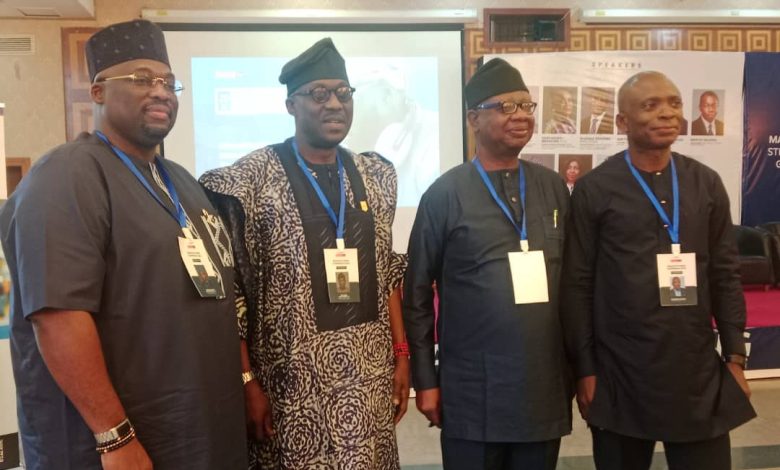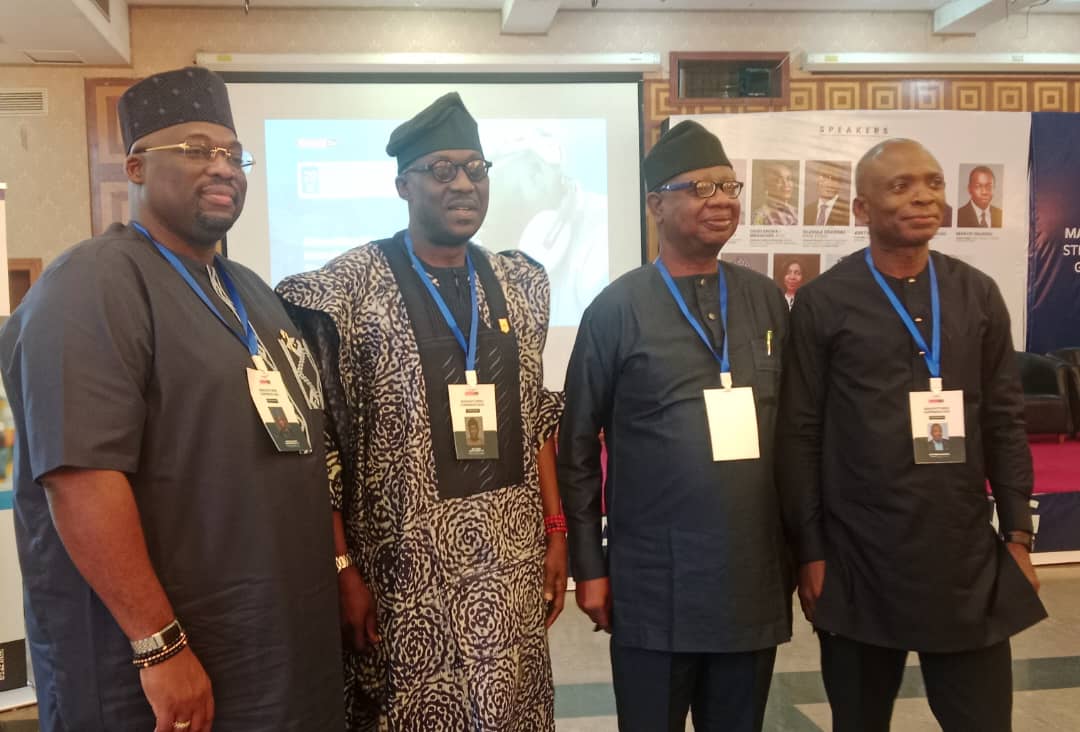Foreign Investors Continue to See Opportunities in Nigeria Despite Local Challenges – Coleman Wires MD


The Managing Director of Coleman Wires and Cables Industries Limited, Mr. George Onafowokan, has highlighted that an increasing number of foreign investors are establishing businesses in Nigeria despite the persistent economic difficulties, even as some local entrepreneurs voice concerns about the challenging operating environment.
Onafowokan called on Nigerian manufacturers to turn their focus inward and harness the numerous opportunities available within the country to strengthen their businesses. He made these remarks on Thursday at the 2025 Manufacturing Conference organized by BusinessDay in Lagos, themed: “Unlocking Nigeria’s Manufacturing Potential: Strategies for Sustainable Growth Amid Economic Turbulence.”
During a panel discussion where he also served as the Chairman of the Ogun State chapter of the Manufacturers Association of Nigeria (MAN), Onafowokan shared insights from his role in approving applications from companies seeking to join the association. He observed a notable trend of foreign firms setting up operations in Nigeria, contrasting with the reluctance and skepticism exhibited by some local manufacturers.
Addressing the issue of multiple taxation, Onafowokan described it as a significant obstacle to growth in the manufacturing sector. Nevertheless, he remained optimistic, noting that foreign investors are still committed to establishing a presence in Nigeria, and some local manufacturers are demonstrating resilience.
“There are opportunities waiting to be exploited. We need to adopt a long-term perspective and be intentional,” he stated.
Similarly, Adetunji Aderinto, founder of Zetamind Consulting Limited and a fellow panelist, remarked that foreign investors often recognize opportunities in Nigeria that many local manufacturers overlook. He advised local businesses to embrace technology and data-driven strategies to cut costs and improve efficiency.
“Some manufacturers shut down because they don’t understand their customers’ needs. They must increase market share and strengthen their supply chains,” Aderinto added.
Onafowokan further emphasized that Nigerian-made products, such as those from Coleman Cables, often outperform many foreign alternatives in quality. He urged Nigerians to prioritize the country’s potential rather than seeking short-term gains elsewhere.
In another contribution, Mr. Olusola Obadimu, Director General of the Nigerian Association of Chambers of Commerce, Industry, Mines and Agriculture (NACCIMA), called on the Federal Government and the Central Bank of Nigeria (CBN) to implement urgent measures to curb inflation. He also urged state governments to focus more on people-centered development rather than solely on generating revenue.
The panelists collectively encouraged Nigerians to support locally manufactured products and appreciated the government’s “Buy Nigeria” initiative.
MAN’s Director General, Mr. Segun Ajayi-Kadir, emphasized the need for policy reforms to unlock the sector’s full potential. He stated, “The Nigerian government is primarily responsible for creating an enabling environment for manufacturing growth. This requires strategic action in infrastructure, fiscal policies, and regional integration.”
While acknowledging the recent passage of four tax reform bills and the Nigeria First Initiative, Ajayi-Kadir stressed that swift and effective implementation is crucial. He recommended codifying the Nigeria First Policy into law, with penalties for non-compliance, to promote transparency and enforcement.
He also called for the establishment of regular platforms for dialogue between policymakers and industry stakeholders to ensure policies meet industry needs. Additionally, he highlighted the importance of improving export data sharing through embassies and trade agencies to facilitate access to global markets.
Investments in critical transport infrastructure—roads, ports, and industrial corridors—were also emphasized as essential to reducing logistics costs and enhancing market access. Despite recent infrastructure improvements, only 37% of roads are in good condition, which continues to inflate production and transportation costs, undermining the competitiveness of Nigerian products.


